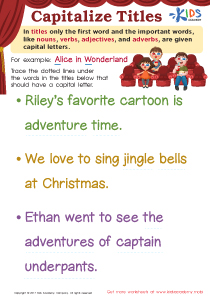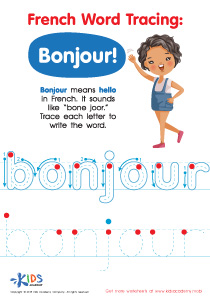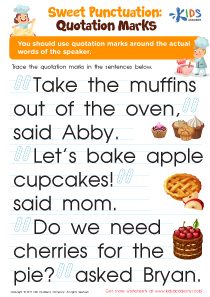Vocabulary development Extra Challenge Writing Worksheets
3 filtered results
-
From - To
Enhance your students’ vocabulary skills with our Vocabulary Development Extra Challenge Writing Worksheets! These engaging worksheets are designed to provide extra practice for young learners looking to expand their word knowledge and improve their writing abilities. Each fun activity encourages creativity while introducing new vocabulary in context, making learning enjoyable and effective. The worksheets cater to varying skill levels, ensuring every child can participate and grow. Perfect for classroom use or at-home practice, these resources support your teaching goals and help students become confident writers. Discover the joy of vocabulary learning today with our thoughtfully crafted challenge worksheets!
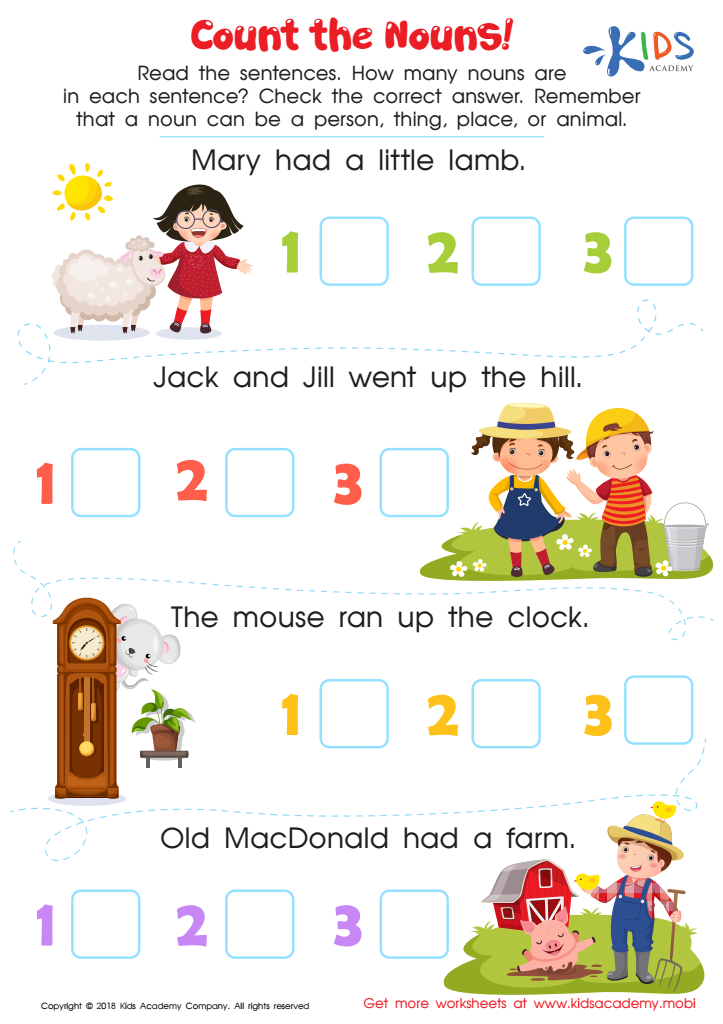

Count the Nouns Worksheet
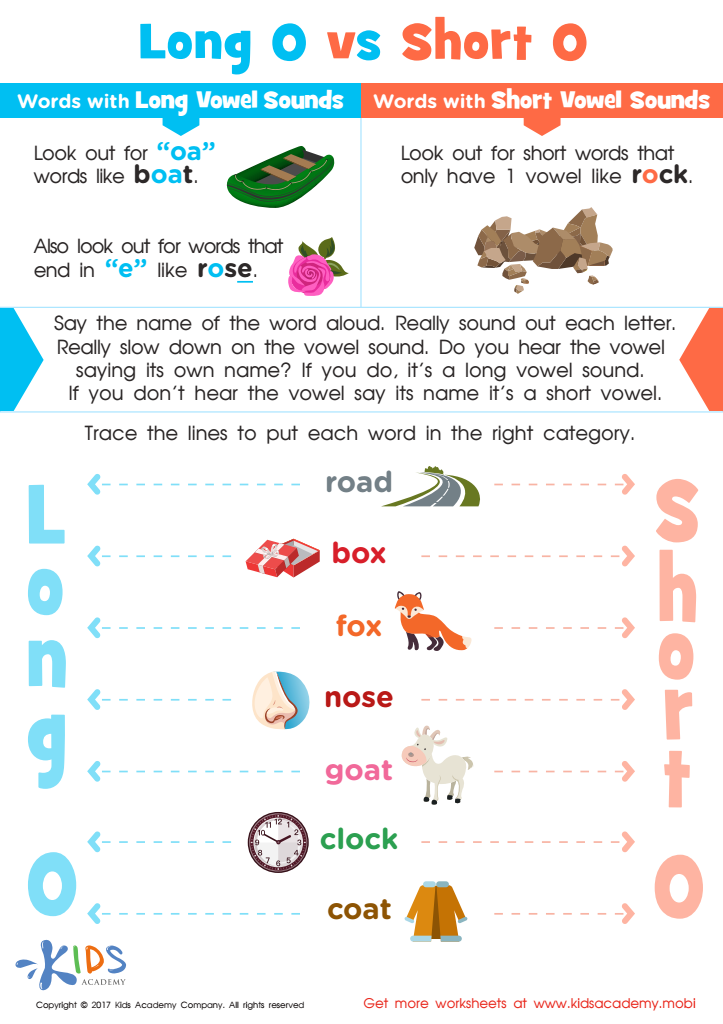

Long and Short Vowel O Spelling Worksheet
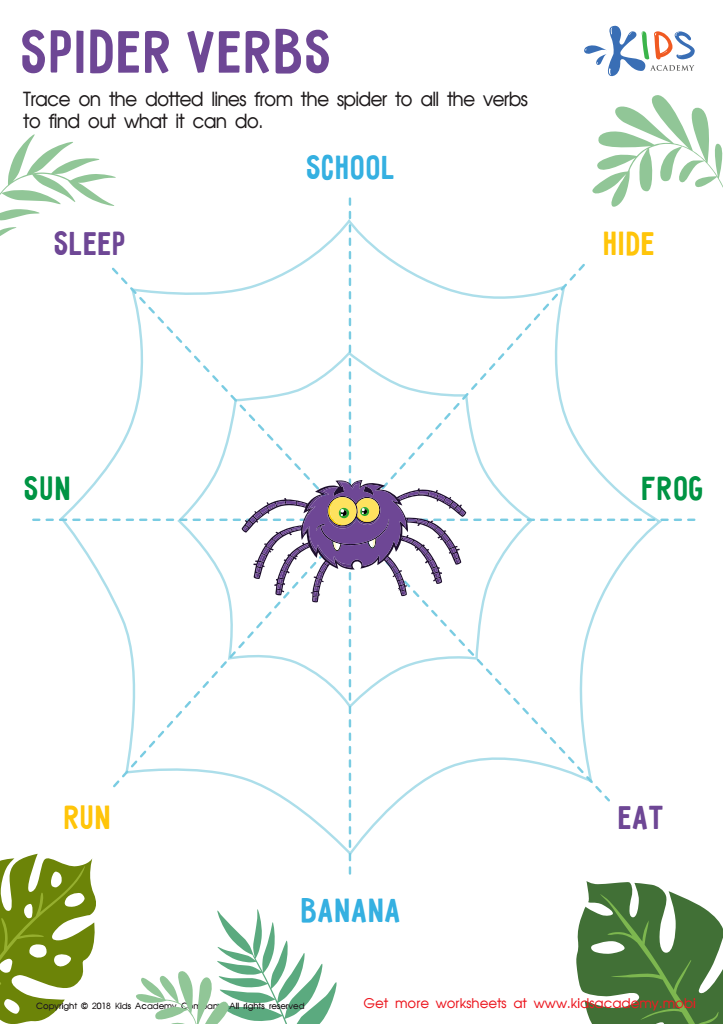

Spider Verbs Worksheet
Vocabulary development is a cornerstone of early education that profoundly impacts a child's cognitive and communicative abilities. Parents and teachers should prioritize vocabulary enhancement for several compelling reasons. First, a robust vocabulary lays the foundation for reading comprehension. When children encounter unfamiliar words while reading, their understanding can falter, hindering their learning process. A broad vocabulary equips them to grasp new concepts, engage with texts more deeply, and fosters academic success.
Second, strong vocabulary skills boost writing proficiency. Children who possess diverse word choices can express their thoughts and ideas more articulately, enhancing clarity and creativity in their writing. This skill is crucial not only for academic assignments but also for effective communication in everyday life.
Moreover, vocabulary development fosters critical thinking. As children learn new words, they are exposed to varied ideas and perspectives, enhancing their ability to analyze information critically and engage in discussions.
Ultimately, investing in vocabulary development plays a vital role in nurturing confident, articulate, and thoughtful individuals who can navigate their educational and social environments successfully. By focusing on vocabulary, parents and teachers are equipping children with essential tools for lifelong learning and communication.

 Assign to My Students
Assign to My Students








